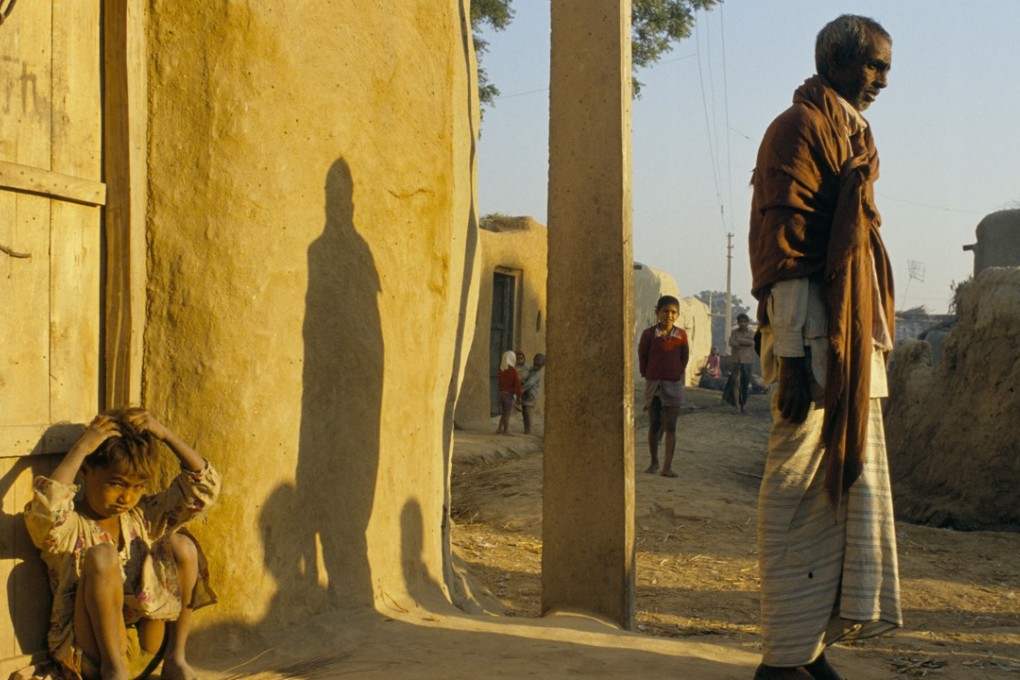Review | ‘Untouchable’ Sujatha Gidla calls for change from atop her family tree
The research associate’s book reveals how escaping the caste within a caste system requires more than a move to the US

Ants Among Elephants
by Sujatha Gidla
Farar, Straus & Giroux

“Your caste is your life,” she writes, so that even when she moved, at 26, to the United States, she could not escape the judgment of other Indians, who wanted to know: “What caste are you?”
Gidla tells the story of untouchables through generations of her family. They were Christians and she says: “Christians, untouchables – it came to the same thing.” Not quite, though: as she herself points out, low as they were in society, the caste had a hierarchy within itself.
The hereditary role of the untouchables was to perform filthy work no one else would accept. They were not allowed to intermarry, or encouraged to read or write until missionaries welcomed them into schools. We learn about the lives of Gidla’s mother and uncles, born in the dying days of colonial rule, and about why Satyam, the eldest, placed his hopes in communism rather than the independence movement.
Gidla’s unflinching voice calls for change.